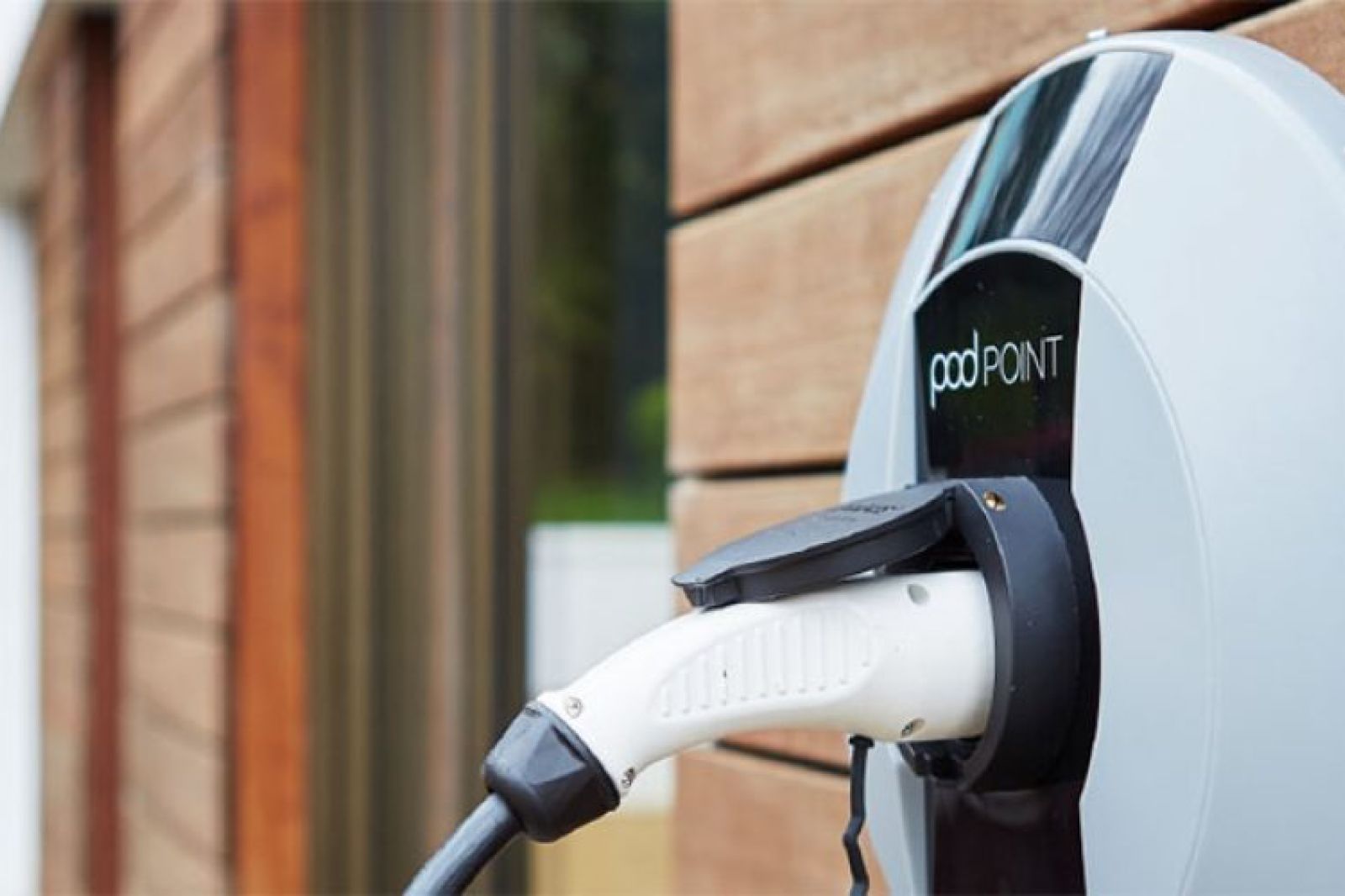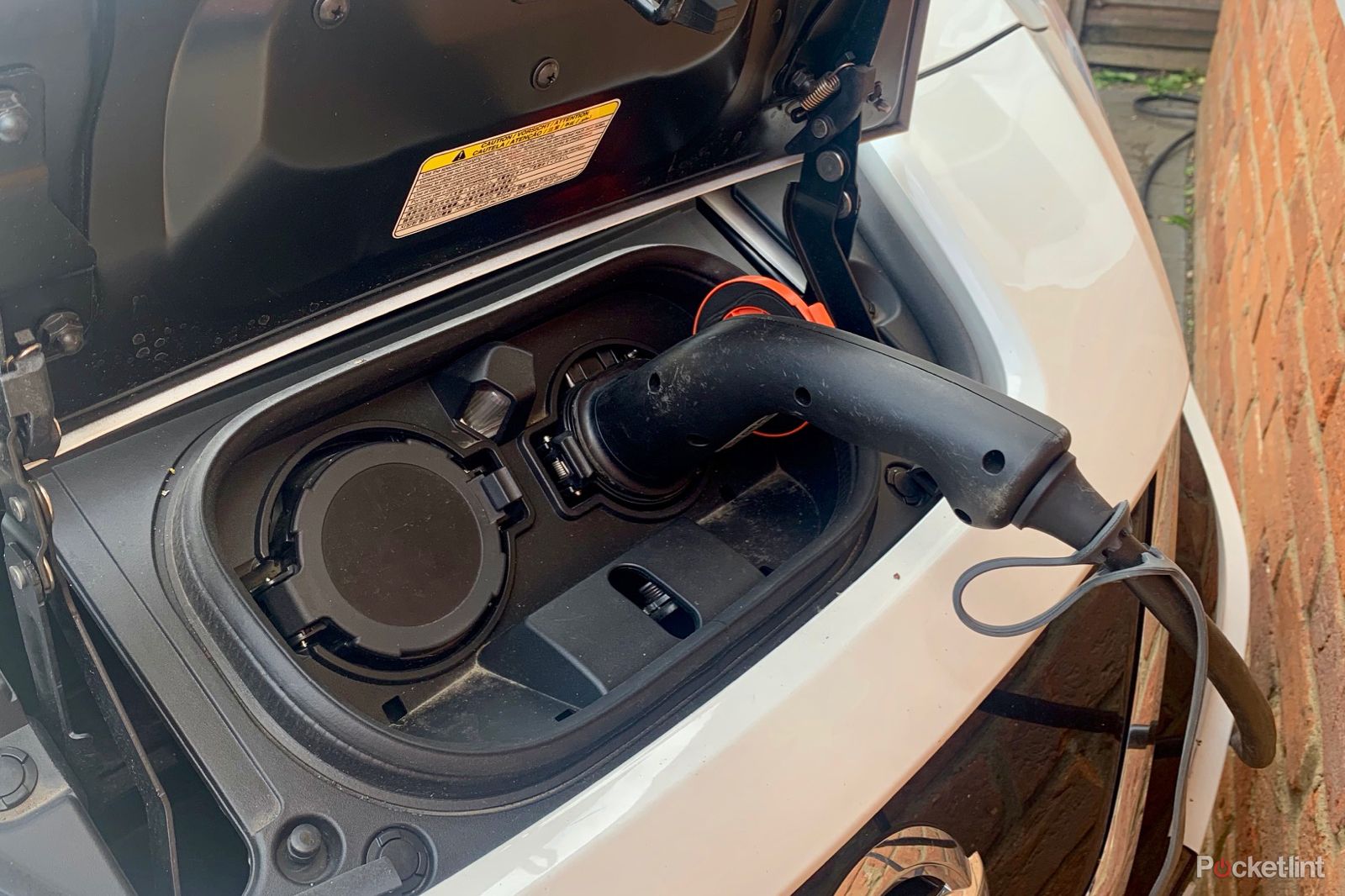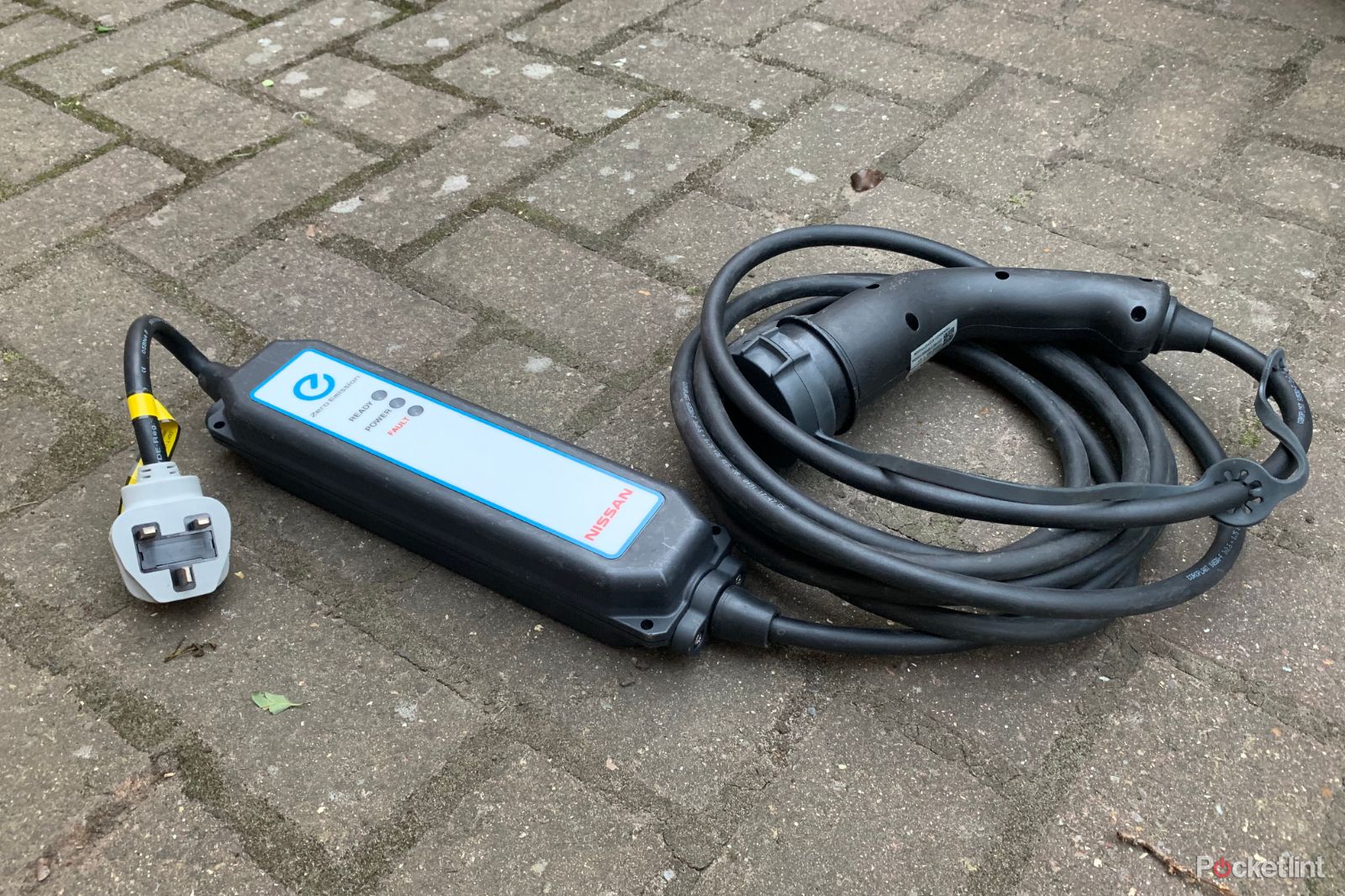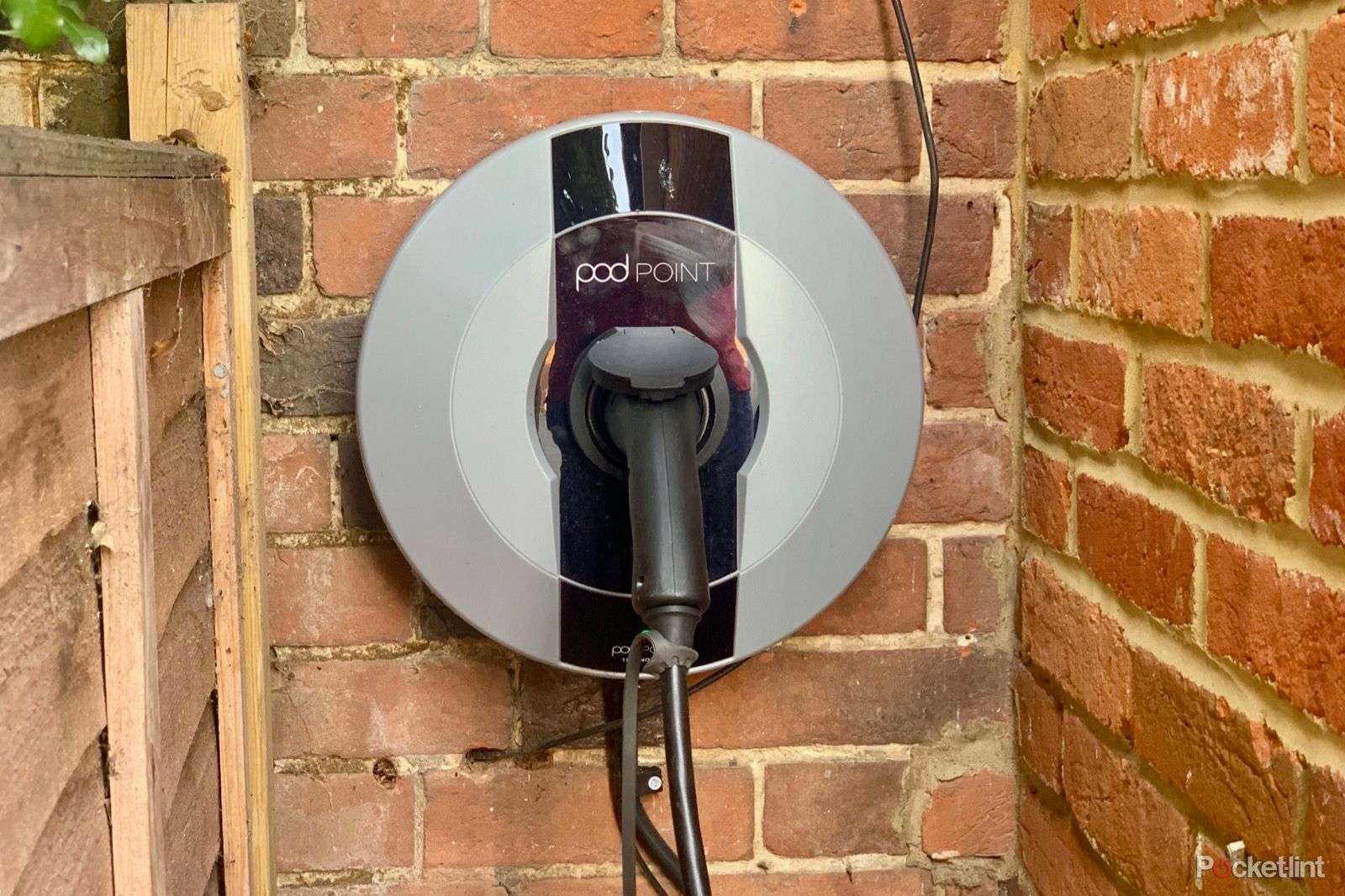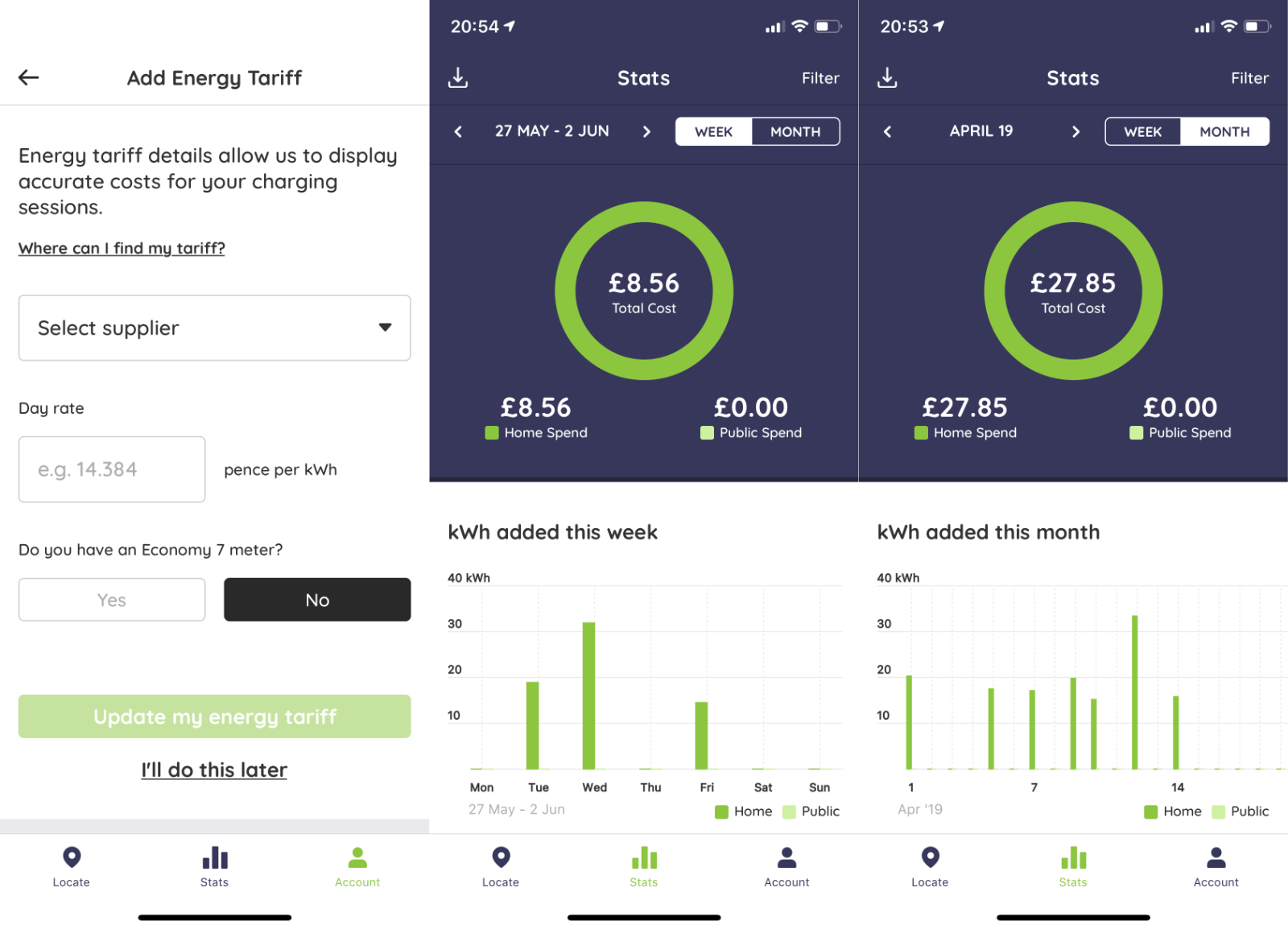In this series of features we're looking at life with an electric car. We've previously examined range anxiety and now we move to the counterpoint - charging at home, which is very much a cornerstone of electric car ownership.
Without the ability to just pop-in to your local petrol station and get more fuel, you need to ensure you've got a way of recharging your car's battery. While cars like the Nissan Leaf are just like any other hatchback when it comes to driving, it's the charging that represents the biggest change in behaviour for drivers.
But once you get the charging right at home, things like range anxiety can quickly disappear.
The Nissan Leaf is one of the best selling electric cars
For the past 4 months we've been living with the Nissan Leaf. This second-generation electric car from Nissan is one of the best-selling electric cars on the road and some of that comes down to it being a great little car, but Nissan also has the advantage in having been offering a dedicated EV for a number of years - there's some heritage here.
The arrival of the Nissan Leaf also saw a switchover to electric motoring where those journeys were previously in a diesel SUV. A cleaner conscience, lower tailpipe emissions and reduced fuel costs add to the fact that the Leaf is actually a perfectly practical car.
We parked the oil burner to one side, with its £70 refill every couple of weeks and embraced electric for our every-day car. The Nissan Leaf took over the school run, the weekly shop, visits to friends and local commutes - all jobs that the diesel was never really suited to.
The Nissan Leaf 2 sits somewhere in the middle of the pack when it comes to range, giving us an average of about around 150-160 miles for the standard model with its 40kW battery, and 239 miles (on paper) for the extended E+ offering with a 62kW battery.
We're also fortunate to have a driveway, which makes home charging simple, because you never have to think about traipsing a cable across a pavement.
If you can find a plug socket, you can charge your car
With a brand new electric car there's often no other option than using a 3-pin plug. It's certainly the easiest to start with and is as easy as charging your smartphone or laptop. But it's also the slowest option at 3kW. Charge times depend on the size of the battery - the Nissan Leaf takes around 20 hours to charge fully by merely plugging it into the wall.
If you have a bigger battery - like the Audi e-tron for example - that time will extend beyond 30 hours. In reality, you'll rarely be charging it from completely empty, so this is a very liveable option for many people especially if you drive home from work and rarely use the car again till morning.
Installing a waterproofed external 13A plug is a fairly cheap option, or you might already have one in your garage. Certainly, having a dedicated provision for charging is highly recommended - using an extension lead that isn't rated for heavy duty use can lead to the cable overheating and you need a solution that can work in all weathers, otherwise things can get dangerous.
For us, as long as we plugged in the Leaf by 9pm we'd have a full charge for the school run or drive to work the next morning. Where you'll come a cropper is when you're low on battery but need to go out again straight away. Waiting for that charging gauge to move can be painful.
Shifting gears: The domestic wall box
Wanting to speed up this experience and to reduce the charging times, we moved to stage two: a dedicated EV charging point. Typical domestic wall boxes give you a 7kW charge and can be installed in most homes. As we said - because we have a driveway, it's an easy option.
There are various 7kW units available from companies like BP Chargemaster or Pod Point and they are designed to be compact, taking up little space on the wall of your home. They are also designed to fit most electric vehicles but it's worth checking the one you opt for is compatible with your car.
Pod Point offers a 7kW charging station for £859, but this price can be reduced to £359 if you are eligible for a £500 EVHS government grant, and as long as this is your first, then chances are you are. That price includes installation, which is quick and easy - probably a couple of hours of work. Some EV companies will also offer deals for free home chargers - something to consider when you're looking to buy a car.
We opted for a universal plug - meaning we have to get the cable out of the back of the car every time we want to charge - but it does means that it's future-proofed. You'd just have to ensure you have the right cable for the car you're wanting to charge.
Once installed the 7kW charging station reduced our charging time down to around 6 hours and we would highly recommend this approach - we've rarely used the 3-pin charging option since, and certainly not at home.
While it's still not as fast as using the CHAdeMO or rapid charger that you can find on the road and in motorway service stations, we've found it makes a huge difference - and certainly well worth the installation cost.
You're not only restricted to 7kW. If you happen to have three-phase wiring (rare in UK residential properties, but common in commercial property), you might be able to have a 22kW charger. To take advantage of this you'll need your car to be compatible too and while it's a rarer home solution, it's not unheard of.
Appealing to the pocket: Charging at home is cheap
But how much does all this cost and how much can be saved when it comes to running your car?
It all depends on the price of your electricity and how much you need to charge, but for us we've found that the Leaf is costing us around £30 a month in electricity to run, or around £4.50 for a full charge.
We know that because Pod Point comes with an accompanying app that lets you see the daily and monthly charging costs, once you've told it the electric tariff you are on. That's fantastic for bragging rights: before moving to electric that diesel SUV was costing us £70 in fuel every couple of weeks and we're now paying significantly less.
Home charging is also cheaper than charging on the go. Using CHAdeMO on the Electric Highway (on the UK's motorways) costs 30p/kWh, so that's three of four times the cost, and other public charging networks can charge a £1 connection fee per charge - that's almost a quarter of the home charging cost on fees alone.
There's no question, in reality, that faster home charging is the way to go when it comes to living with an electric car and with a Pod Point installed going to the petrol station now feels archaic. They say that the proof of the pudding is in the eating and for this family there's no going back to diesel.

